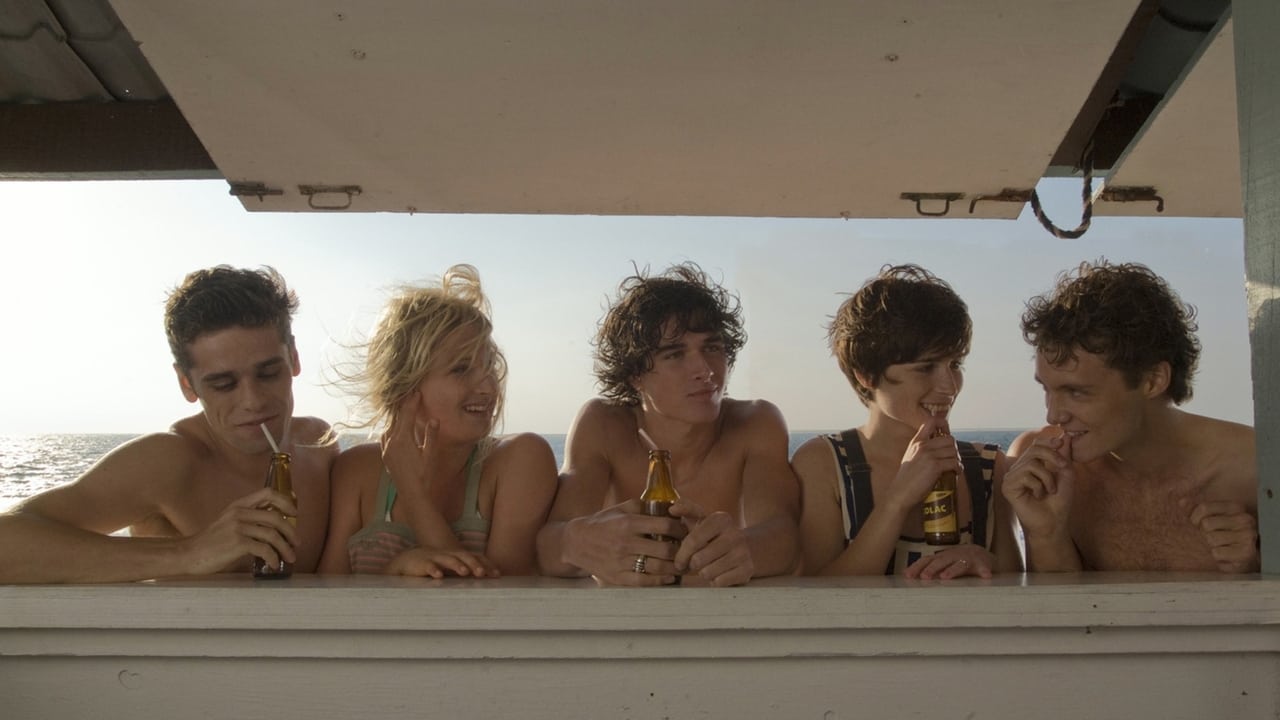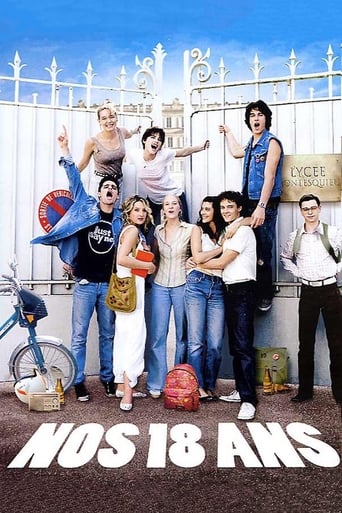

The opening credits, upbeat with their visual rhythm and The Cure's "Close to Me", are vivid and promising. Unfortunately the film does not live up to this moment afterward. It is an average coming-of-age film, that feels bizarrely anachronistic and schematic. I mean, the opening credits, structured like a rotating Rubic's cube, is a bit inconsequential if one thinks that the film takes place in the nineties, while the cube was an eighties landmark. Just an afterthought, though.The film is fresh and forced at the same time. The freshness comes mostly from the acting, although the script does not score as a french endeavor. It lacks that pungent quality french features have. Does one have to bear in mind this is a remake of an Italian feature? Maybe the cultural differences could be telling.Only Michel Blanc manages to come as fully solid and piercing, as usual, given the somewhat moralistic quasi-character he is presented with. One of the lightest touches in the film, and an occasion for subtle, engaging comic acting, is his meeting with his ex-wife.Arthur Dupont as the as the young airheaded Maxime gives an ultimately sympathetic and seriously alert to timing portrait of rare Gallic comic verve. Theo Frilet is good in his puppyish gaze, although he seems to me a bit miscast; having seen him in "Nes en '68" with his arrogant, epicene bravura he seems more apt for androgynous roles. I think we have not seen this kind of phenomenon since Helmut Berger. But, anyway, he surely gets to convey the innocence of his charmingly drifting and bit blundering character.Iris Besse, in a small role, is charismatic as Valentine. And Bernadette Lafont is, as always, shining.The film is an average ensemble coming-of-age tale. I do not see why it had to take place in the nineties. The soundtrack reads as too much of a cookbook, since the era is rather peripheral to the story. It is rather like a nostalgic look from the writers to their adolescence, but not an unmissable experience shared.
... View More